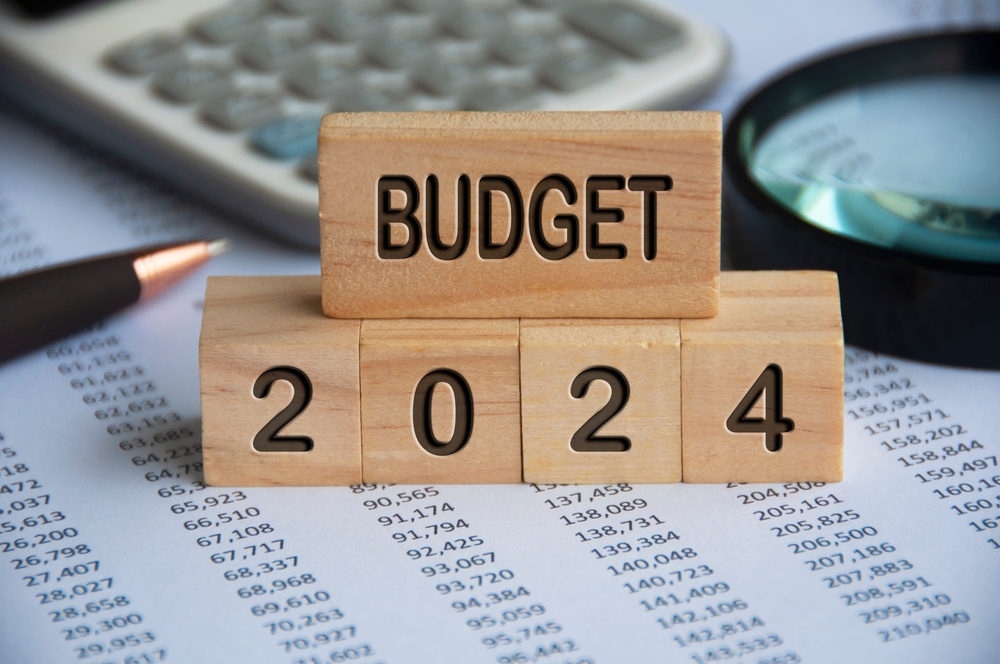The Federal Government has released the government’s third budget, so what’s the good and bad news for small businesses?
Here’s what business owners should know.
What are the wins for small businesses?
The good news for small businesses in the Federal Budget 2024-25 is the continuation of the $20,000 instant asset write-off scheme.
Small businesses should also benefit from investments in transport and infrastructure to improve productivity.
On 14 May, Federal Treasurer Jim Chalmers confirmed small businesses with annual revenue of $10 million or less would be able to continue to write off asset purchases of up to $20,000 until 30 June 2025.
The instant asset write-off scheme is a tax incentive designed to assist small businesses by allowing them to immediately deduct the cost of eligible business assets in the year they are bought rather than depreciating them over several years.
This scheme aims to provide financial relief to small businesses, encourage investment in assets and stimulate economic growth. There was also help for small businesses facing rising energy costs.
According to this year’s budget speech, around a million small businesses are eligible to receive a $325 energy rebate, an acknowledgment of the impact of rising costs on smaller firms.
This is part of the $3.5 billion energy bill, which aims to ease financial burdens on households and businesses and bolster economic growth.
Growth forecasts remain subdued
Meanwhile, the GDP forecast remains moderate, with growth of 1.75 per cent expected this financial year, rising to 2.00 per cent in the 2026 financial year.
While this indicates a steady upward trajectory, it suggests a softer labour market, with an uptick in unemployment to 4.5 percent expected next year.
There is more positive news on the inflation front, with forecasts suggesting a potential return to target sooner than expected.
Additionally, after nearly three years, real wages are experiencing growth. These indicators hint at a gradual improvement in consumer purchasing power, hopefully benefiting small businesses through increased demand.
Tax cuts may ease pressure on tax payers
A range of tax cuts will kick in from 1 June, providing significant relief for taxpayers. This injection of funds into consumers’ pockets could translate into higher spending levels, potentially boosting sales for small businesses.
Efforts to address the housing shortage are underway, with plans to build 1.2 million homes over the next five years. This ambitious target presents opportunities for businesses involved in construction and related industries.
Investments in infrastructure, including local infrastructure upgrades and better transport networks focus on improved accessibility and connectivity, which could help businesses across various sectors.
Home-grown policies help small business
The $22.7 billion Future Made in Australia package underscores the government’s commitment to positioning the country as an indispensable player in the global economy.
This initiative, focusing on attracting investment, renewable energy, defence capabilities and support for small businesses, holds promise for entrepreneurs seeking to capitalise on emerging opportunities.
Overall, it’s a budget with few surprises, as economic conditions continue to normalise post-COVID and efforts to support the clean energy transition gather pace.
Important notice – Steadfast Group Limited ABN 98 073 659 677
This general information does not take into account your specific objectives, financial situation or needs. It is also not financial advice, nor complete, so please discuss the full details with your insurance broker or adviser as to whether these types of insurance are appropriate for you. Deductibles, exclusions and limits apply. These insurances are issued by various insurers and can differ.





